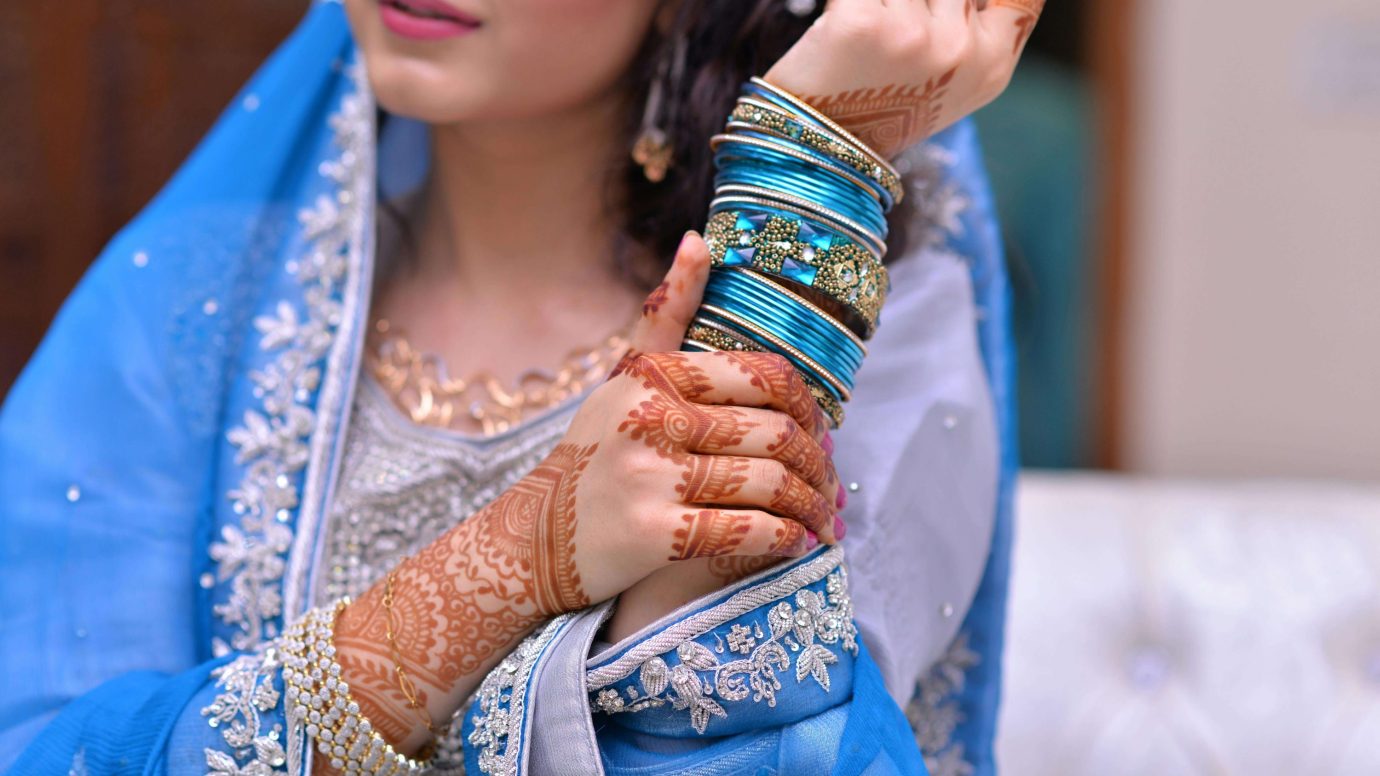
Role of women in contemporary Indian cinema: A psychological perspective
Contemporary Indian cinema is the current state of filmmaking in India. It focuses on movies which are produced and released from the late 20th century up until the present day. It also reflects on the social, cultural, and technological advancements during this period. Indian cinema is known for its diversity, with films being made in multiple languages including Hindi, Tamil, Telugu, Bengali, Malayalam and more. Women in Indian cinema has seen a significant shift in its portrayal of women and the roles they are playing.
Films in the 19th century were more male centric, and the female were given a role to beautify the body for the audience. Filmmakers, now are exploring diverse narratives that highlight the complexity and agency of the female characters in real lives. Traditionally, they were depicted more in traditional roles emphasizing potent psychological facets like self-sacrificing, family oriented and the purity of their character. The personality type depicted was more of the type 2 personality traits where they were shown more generous, having immense kindness, innate selflessness and were more people pleasing. This trend continued for many years.
Until the 1980’s where there was a shift in the psychological perspective of the role of women in cinema, Women in Indian films were shown as more assertive, attuned to practicality and frugality and were more career oriented (Enneagram type one wing two personality traits). This was seen as a change in societal norms. Actresses like “Shabana Azmi” and “Smita Patil” played challenging gender roles and portrayed complex emotions. However, there were still prevalent influence of the media in the portrayal of women and constructing their image in the society.
It wasn’t until the recent years that more diverse and recognized representations of women in cinema began to emerge in contemporary Indian cinema. We now move to the 21st century Indian cinema where actresses like “Kangana Ranaut”, “Priyanka Chopra”, “Vidya Balan”, “Rituparna Sengupta” and “Anushka Shetty”, to name a few actresses of the new millennium, have taken on roles which challenged the stereotypical narratives in the Indian cinema.
This new shift can be analyzed from a psychological perspective in different ways:
Psychologist Albert Bandura explained that individual learn behaviour by observing others in the environment. The perception of what women can achieve in the cinema will help in changing the societies attitudes towards gender roles.
Cultural acceptance with the normalization of female centric roles in the cinema takes place in the society. India is a land of vast cultural exchange. Portraying women as an emblem of strength in the media and cinema helps in changing the cultural narrative of the country.
Self-concept and identity to a vast extent is shaped by growth and self-reflection. Media including the cinema plays a pivotal role in shaping the individual’s self-concept. With movies like “Piku”, “Queen”, “Mardani” and “Neerja” which features strong and independent female protagonist, addressing various issues and themes, develop a stronger sense of self-worth and agency in the gender.
Not only the female portrayal in the Indian cinema but 21st century cinema has also seen a rise in the female filmmakers and writers. Hence more content that creates a fresh perspective on how women lives are evolving are being made.
While progress has been made, and the audience has become more accepting to the change, it is important to understand and cater to certain issues like pay parity which still prevails in the industry. The pay gap is substantially large and so many female actors deal with that.
However, the shift in the streaming platforms like Netflix, Amazon prime and others have opened new opportunities for unconventional themes which in turn will evolve the revenue models of the film industry.
It’s an exciting time for contemporary Indian Cinema and for the women in the industry!
Written by Sushma Kumari, Lecturer